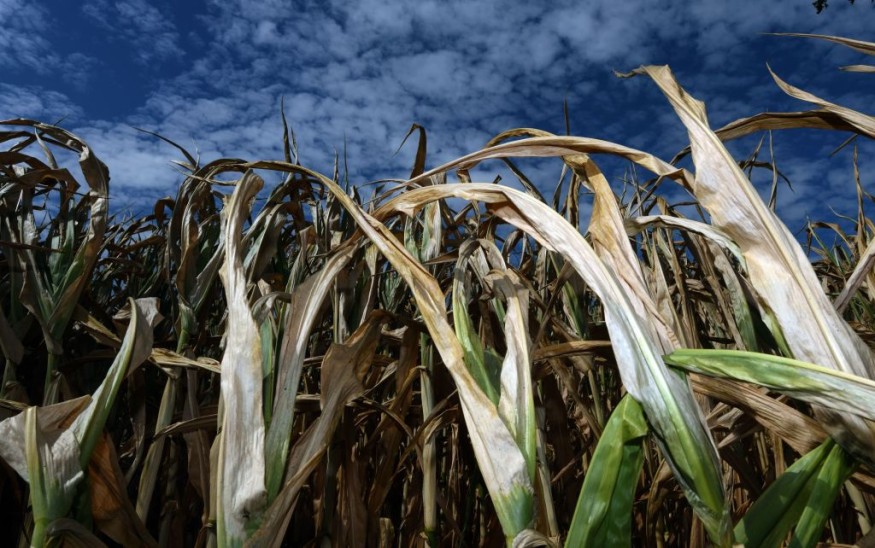
According to a recent study, crop failure occurs worldwide when climate change affects jet streams, which throw off weather patterns.
The new study shows that the global agricultural regions may experience more crop failure as a result of altered weather patterns brought on by the climate crisis. The world's food-producing countries may soon experience drastically decreased agricultural yields, according to researchers in the US and Germany.
Climate Change and Jet Streams
The researchers examined historical climate models and observational data between 1960 and 2014 before examining estimates for the years 2045 to 2099. They discovered through data analysis that crop failure in the past was influenced by a shifting jet stream. Jet streams are air currents that alter global weather patterns.
However, several experts have noted that climate change is altering the way jet streams move around, which could provide problems for areas that grow crops worldwide. Climate models can depict these changes in the atmosphere, but they sometimes struggle to depict how these changes impact the environment on the ground.
Weather Patterns and Worldwide Crop Failure
A "strongly meandering jet stream" or a wavy jet stream, according to the study, could actually cause lower crop yield events globally under a high emissions scenario. According to data, years with "more than one wave event" can cause regional crop yields to decline by up to 7%. Additionally, they discovered that agricultural areas in North America, East Asia, and Eastern Europe were likely to be affected by these catastrophes.
The research cited a hot wave that adversely harmed Russian agriculture in 2010. According to the study, a change in the jet stream was responsible for the extreme temperatures that year.
According to the UK Met Office, the heat wave in Russia devastated 9 million hectares of crops and caused droughts and forest fires. Russians perished in the fires, and many families lost their houses. Moscow recorded 14,000 fatalities in July of that year, which is more than 5,000 more than in July 2009. This was just one instance of the jet stream changing.
The study's authors cautioned that if greenhouse gas emissions are not reduced, potentially disruptive repercussions will become more frequent and worsen.
Inadequate Preparations
This information, according to the study's lead author and Columbia University researcher Kai Kornhuber, has been labeled a "wake-up call." He underlined that crop failures are underreported, which may lead to inadequate global preparations. He underlined the importance of being ready for these kinds of complex climate hazards in the future, noting that the current models don't appear to do so, Gizmodo reports.
The United Nations estimates that more than 800 million people worldwide experienced food insecurity in 2021, so this will exacerbate an already serious problem. Over the course of the initial COVID lockdowns in 2020, that figure rose. By the middle of this century, calamities brought on by climate change are likely to increase that figure by more than 80 million, according to a recent warning from Volker Türk, the UN's high commissioner for human rights.
The report led by Kornhuber was recently published in the journal Nature Communications.
Related Article : Phosphorus Extracted From Wastewater Becomes Macronutrient Source in New Agricultural Practice - Study Shows
© 2025 NatureWorldNews.com All rights reserved. Do not reproduce without permission.





